The Rohingya people deserve to get their dignity back
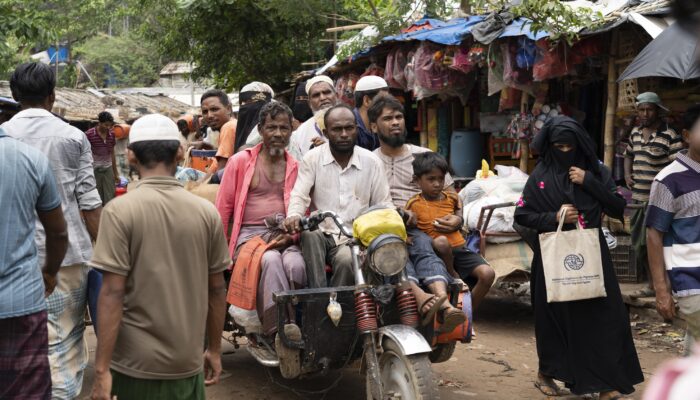
Can you share something about yourself?
My name is Jesmin, and I am working with MSF since 2018, I started as a head nurse in 2022. In this position, I work closely with the hospital management team. We are working here in Bangladesh, in the Cox’s Bazar refugee camp where we offer multiple services here. The project I am part of is based in a secondary healthcare hospital. We have various departments: sexual and reproductive health, mental health, 24/7 emergency, and inpatient services. We also act as a referral hub for more specialized care. Around 480 people are working with us.
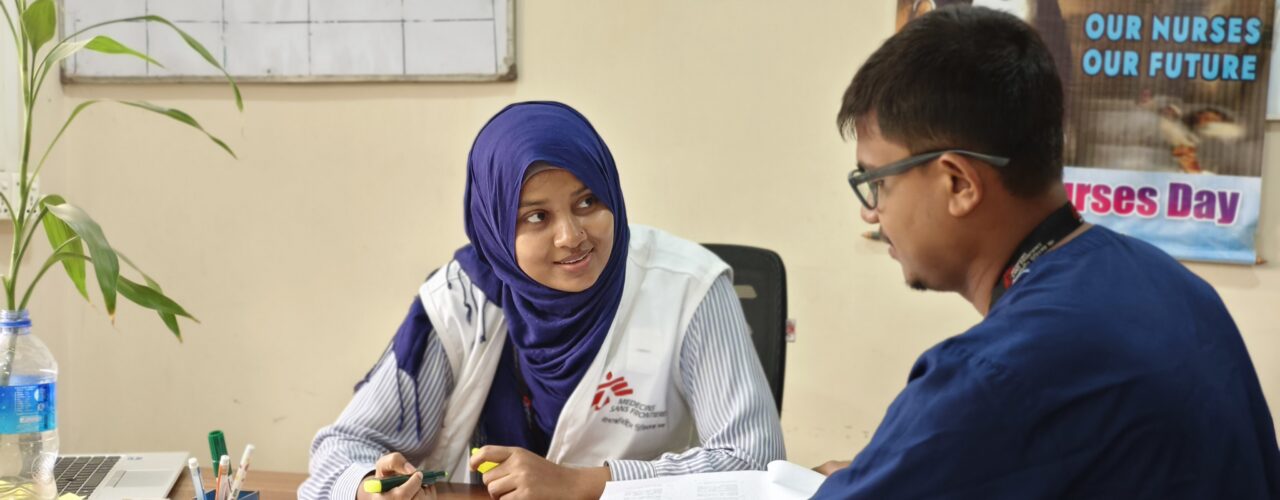
What does Cox’s Bazar look like?
There are more than 1 million people living in the camp in Cox’s Bazar. In 2017, there was a huge influx of people because of the threats faced by the Rohingya population. They came to Bangladesh and are still living in temporary shelters. The camp is built in a hilly area. It is overcrowded, lacks clean water, has no proper drainage system, and poor sanitation. These camps are very prone to floods, fires, and landslides.
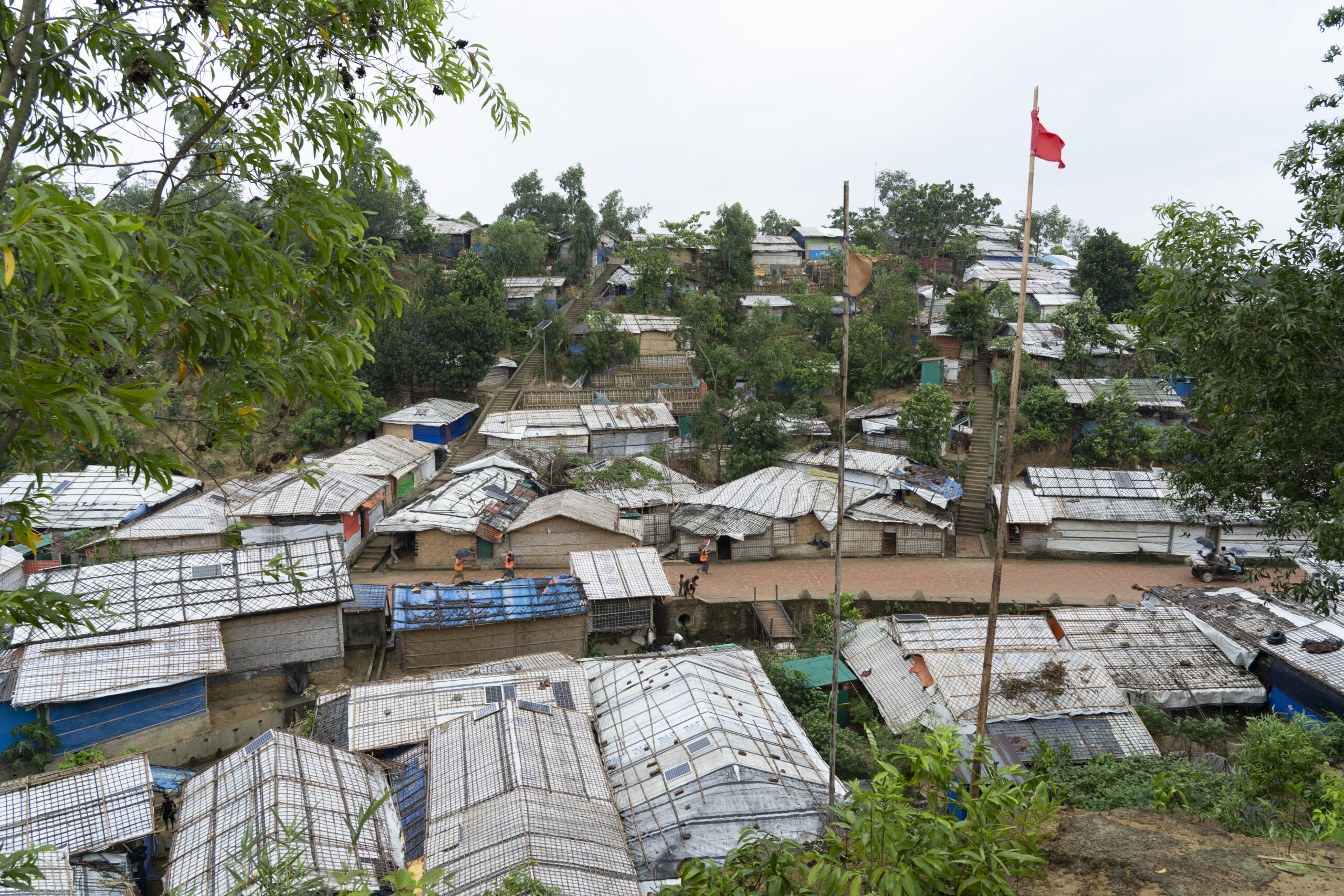
How is it for you to work in a place where the need is so big?
For me, it’s a mix of feelings. Sometimes my work is super exciting; sometimes it’s very frustrating. You have to be really strong to work in these kinds of circumstances. We witness suffering, huge needs, and many problems daily. As I said, it’s frustrating at times because you can’t always do what you want due to a lack of resources. But at the same time, it’s exciting. As a nurse, I can always help—even just sharing information or offering support can make a huge difference.
It’s motivating to know I am supporting people who are most in need.
What is the biggest challenge you have to deal with?
The situation in general is challenging. For me, the biggest challenges are breaking the barrier of understanding between the care receiver and care provider, cultural misunderstanding and the power imbalance that is sometimes perceived. We are continuously looking for ways to overcome these challenges.
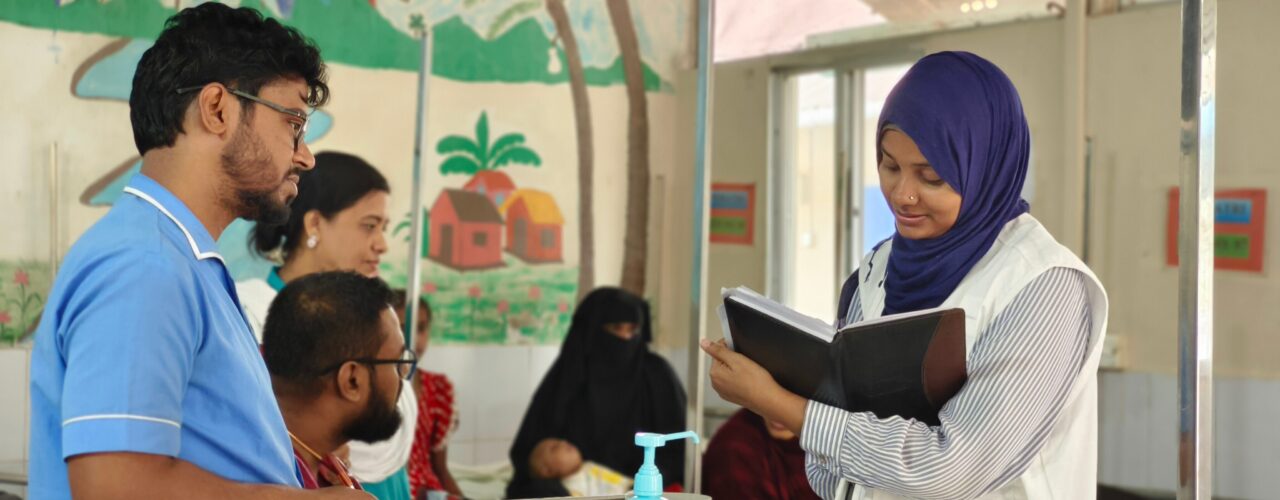
Could you tell me a bit more about the funding cuts that are currently happening? Do you feel the effects of that? How does is affect your humanitarian assistance?
After the funding cuts, the health sector has been particularly affected. Many organizations providing assistance have had to close projects or reduce their services. Although the impact may not be fully visible yet, we will feel the consequences in the near future. People will not receive adequate care, and we have already started receiving more requests and seeing more patients. However, our organisation cannot take on this responsibility alone. Ultimately, people will suffer and be left without the care they need.
Who are the people living inside the camp?
In the part of the camp where I work, the Rohingya are living. They came from Myanmar and were displaced.
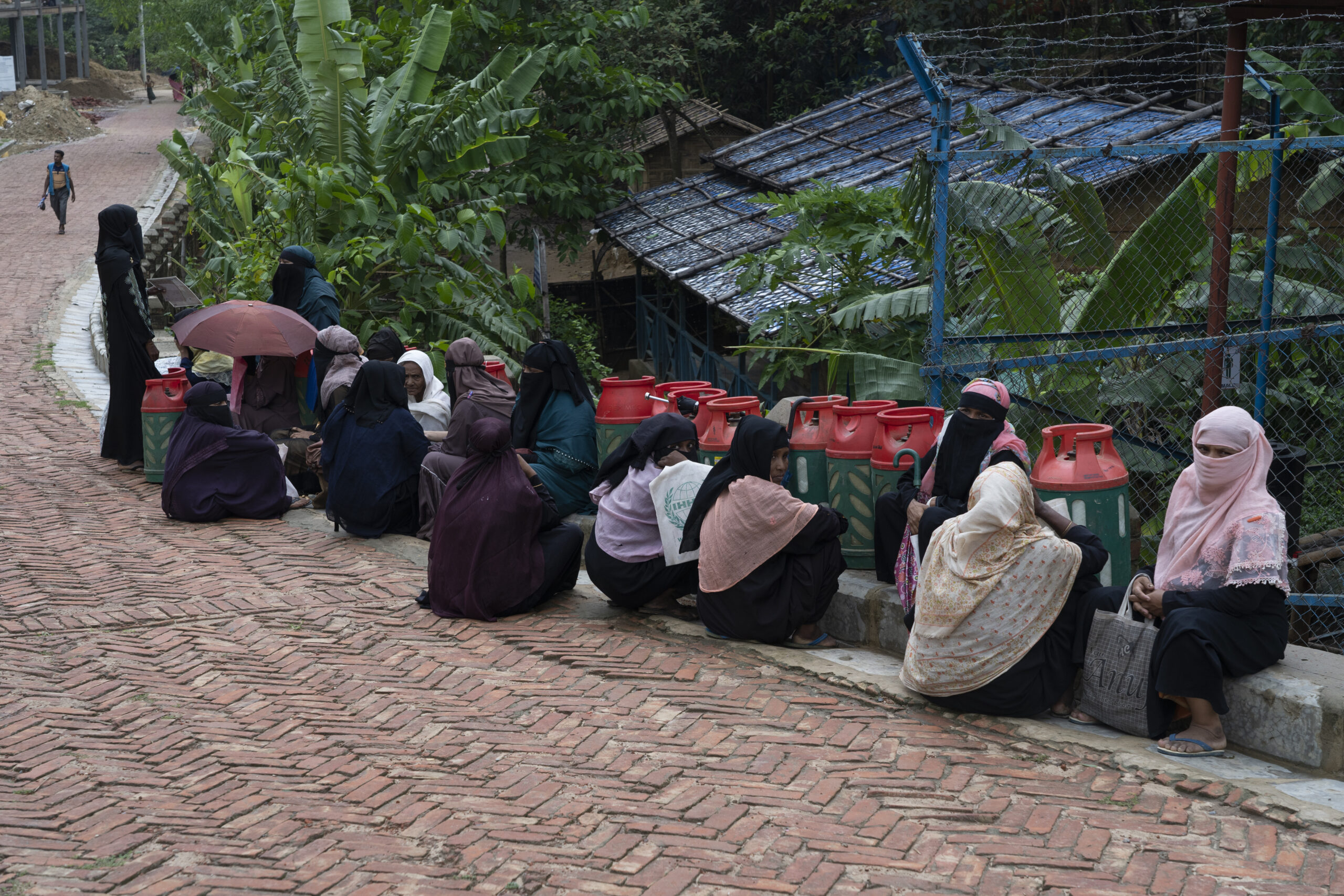
What are the current needs of people in the camp?
The camp is extremely overcrowded, making it unsafe. As you see, it’s summer now, and living in temporary shelters is awful. Sanitation and hygiene are major challenges. Transportation is also a problem since the camp is built in a hilly area. Outbreaks of diseases are very likely. And last but not least, violence is a huge concern here.
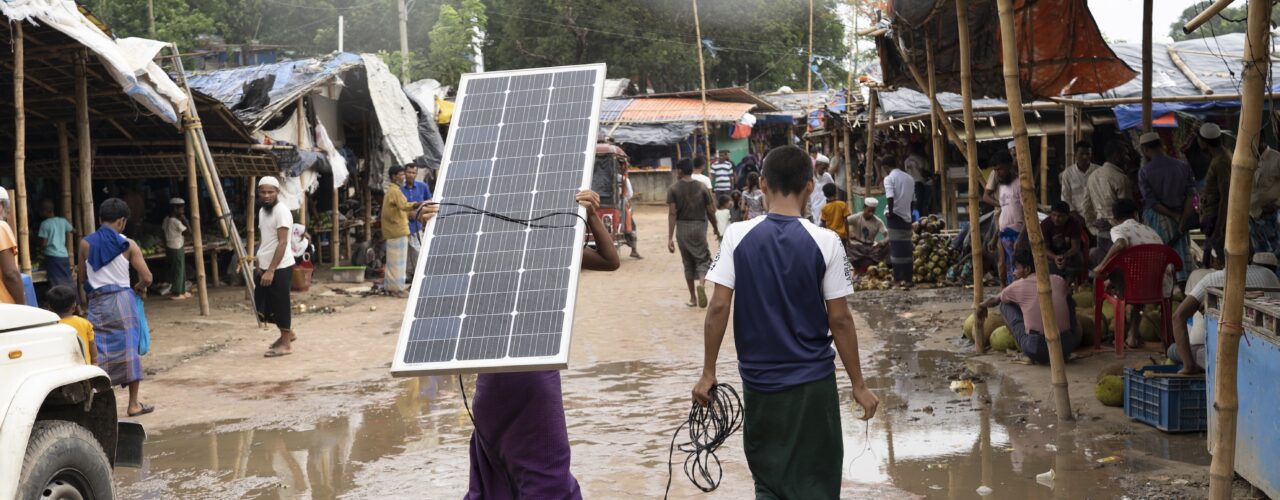
Can you tell us something about disease outbreaks?
In the last couple of years, we’ve had outbreaks of scabies, cholera, diarrhea, chickenpox, and measles. For an organization like MSF, it’s not possible to manage an outbreak alone. Diseases like scabies require multiple measures. But together, we can reach many people.
How do you maintain hope and motivation?
There is a lot of opportunity to help individuals. Am I ever discouraged? I choose not to feel hopeless or believe that they have no chance of a better future. I truly hope they will regain the dignity they deserve. We have to raise our voices and advocate for them—since they don’t have a voice themselves. As a medical organization, we face the challenges and problems people experience every day. We cannot look away—we must advocate for them.
Also, collaboration with other organizstions keeps me motivated. It’s amazing to see others caring for people as well.
We have to raise our voices and advocate for them—since they don’t have a voice themselves.
Can you share something you’ll never forget?
There are many moments. In December, there was a very young mother—she was even younger than me. She could have survived if we had had the right treatment on time. But we didn’t, and she died. I met her family, and it was heartbreaking.
In general, if you invest time in listening to people, they will tell you so much. They have already been through so much. If you listen to their stories, you won’t forget them.
Do you ever feel scared?
Yes, to be honest. The situation in the camp is not safe. People are unemployed, and with so many people living in one area, it’s almost understandable that violence can erupt. Abductions happen, which makes it less safe for humanitarian organizations.
My dream is that one day they will get their dignity back. I hope they can regain their identity and fulfill their needs in a place they choose to be. Right now, they’re relying on humanitarian assistance, and that is very hard for them. I wish they could get out of this situation.
Read more about the work of MSF in Bangladesh here.
Date: 16th May 2025
Author: Marianne van Elst – Sijtsma
